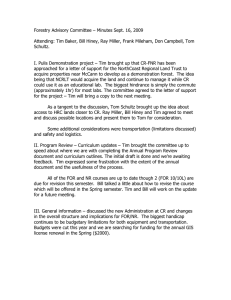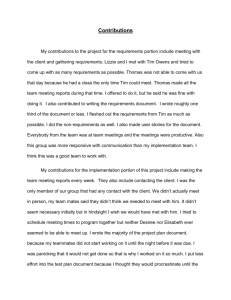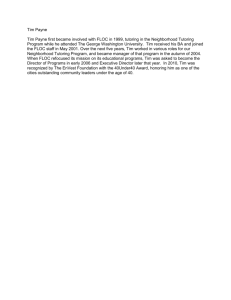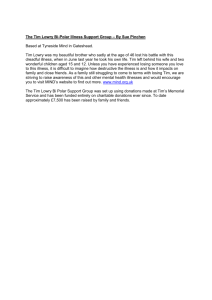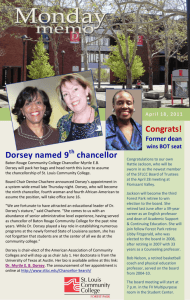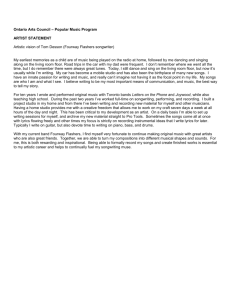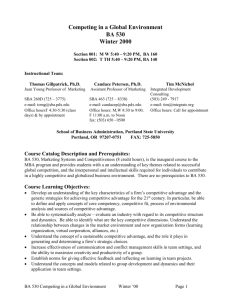Tim and Tom
advertisement
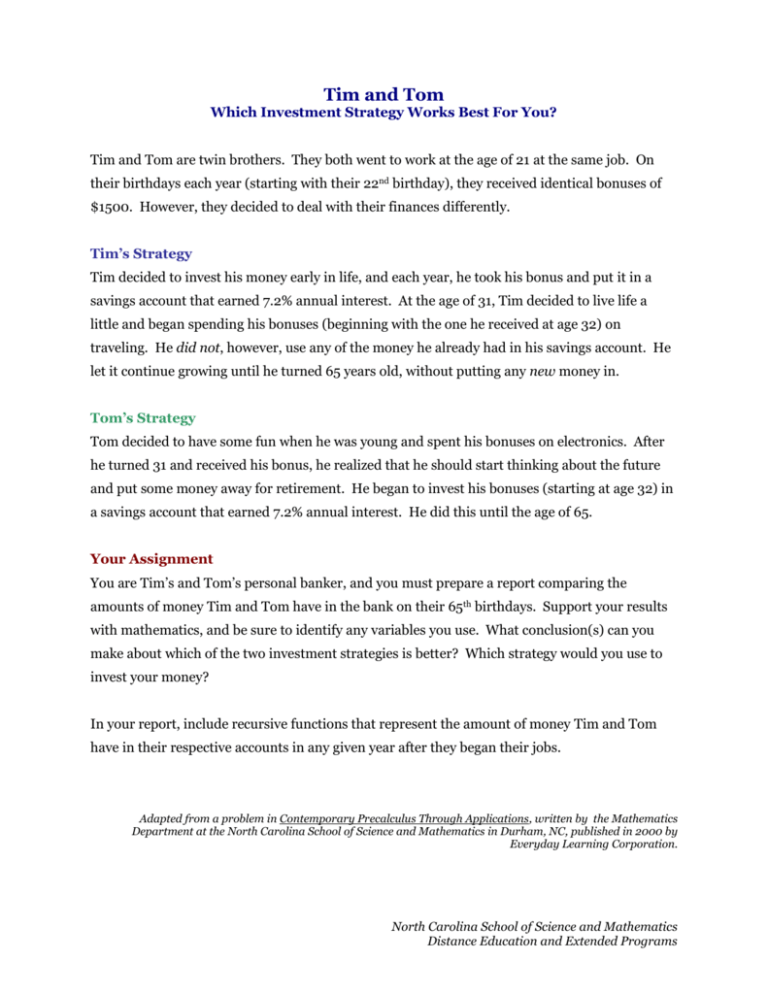
Tim and Tom Which Investment Strategy Works Best For You? Tim and Tom are twin brothers. They both went to work at the age of 21 at the same job. On their birthdays each year (starting with their 22nd birthday), they received identical bonuses of $1500. However, they decided to deal with their finances differently. Tim’s Strategy Tim decided to invest his money early in life, and each year, he took his bonus and put it in a savings account that earned 7.2% annual interest. At the age of 31, Tim decided to live life a little and began spending his bonuses (beginning with the one he received at age 32) on traveling. He did not, however, use any of the money he already had in his savings account. He let it continue growing until he turned 65 years old, without putting any new money in. Tom’s Strategy Tom decided to have some fun when he was young and spent his bonuses on electronics. After he turned 31 and received his bonus, he realized that he should start thinking about the future and put some money away for retirement. He began to invest his bonuses (starting at age 32) in a savings account that earned 7.2% annual interest. He did this until the age of 65. Your Assignment You are Tim’s and Tom’s personal banker, and you must prepare a report comparing the amounts of money Tim and Tom have in the bank on their 65th birthdays. Support your results with mathematics, and be sure to identify any variables you use. What conclusion(s) can you make about which of the two investment strategies is better? Which strategy would you use to invest your money? In your report, include recursive functions that represent the amount of money Tim and Tom have in their respective accounts in any given year after they began their jobs. Adapted from a problem in Contemporary Precalculus Through Applications, written by the Mathematics Department at the North Carolina School of Science and Mathematics in Durham, NC, published in 2000 by Everyday Learning Corporation. North Carolina School of Science and Mathematics Distance Education and Extended Programs
